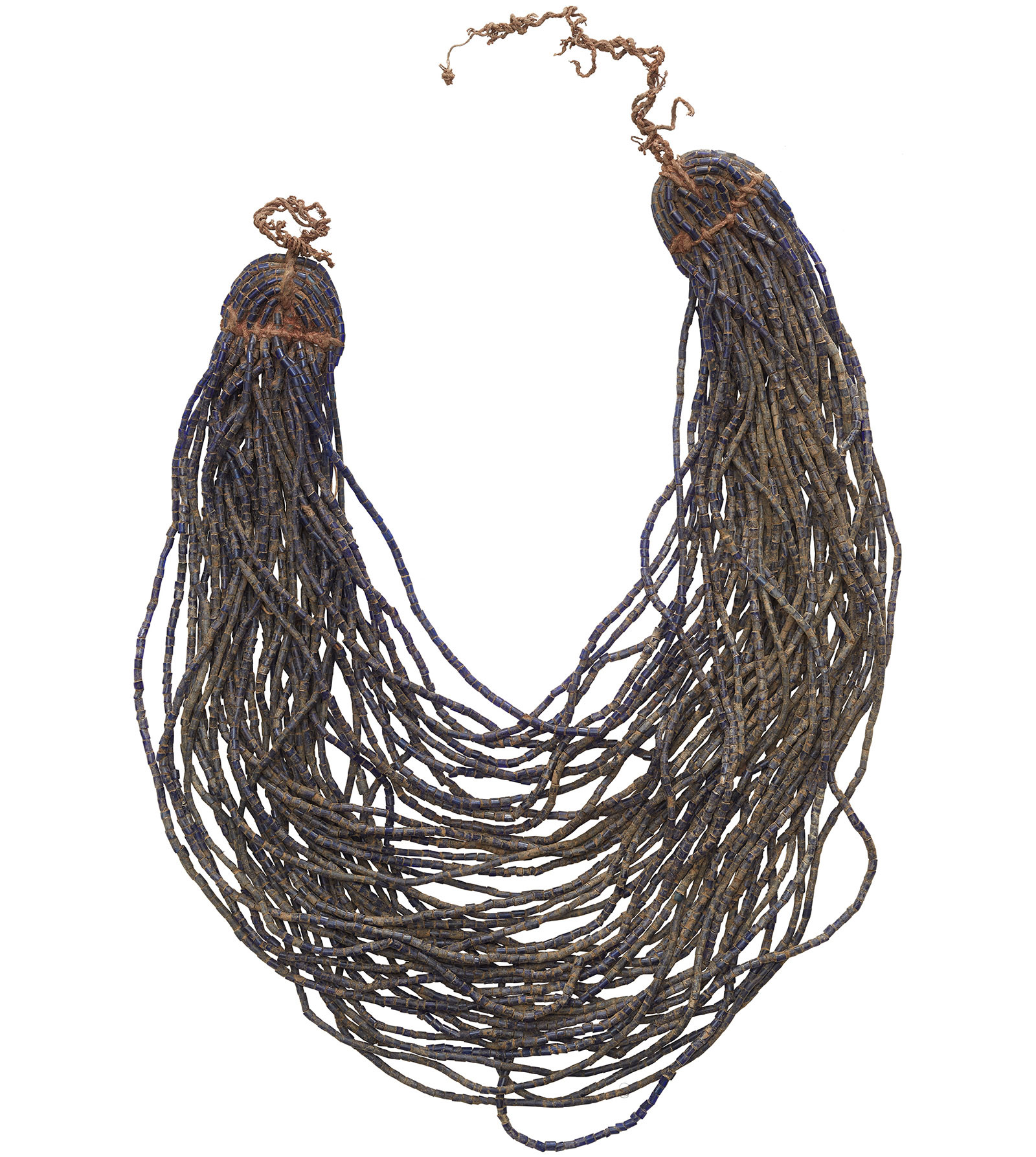The Project
What are the ‘decolonial’ possibilities for African collections in Sussex and Kent Museums, and how can these further debates over decolonizing British public institutions in both theory and practice?
Museums have been among the prime targets of recent activism demanding the ‘decolonization’ of British institutions, stimulated by Rhodes Must Fall and other campaigns. This is because their historic artefacts act as potent symbolic reminders of imperial afterlives. Some museums have responded with various initiatives to engage ‘source’ communities and in rare instances, dialogue has been initiated over returns. Yet small museums face acute cuts, dramatically reduced capacity and pressures for business models, in which colonial collections are far from priorities, especially where museums’ very existence is under threat. In a climate of austerity, many are unable to invest in the research that is necessary to translate calls for ‘decolonizing’ into practical initiatives. Significant ethnographic holdings are thus unused and unknown, are displayed in a manner that occludes or inadvertently perpetuates coloniality and are inaccessible to Africans.
Aims
This interdisciplinary project will research historic African collections held in Sussex and Kent Museums with the aim of furthering both conceptual and applied debates over ‘decolonizing’ public institutions. It focuses on three specific collections of known international significance assembled between 1890 and 1940, whose journeys to the South coast began in military, missionary and ethnographic encounters in Botswana, Sudan and the Namibia/Angola borderlands. The project will extend debates in cultural geography, art history, museum studies and digital humanities, by adopting a critical, participatory, practice-based mode of research that builds new African connections through innovative digital and co-curation strategies. The regional focus stems from the revelation by the Arts Council-funded ‘Uncovering ethnography in Kent and Sussex’ project, that museums in the South-east had unused historic African collections of unanticipated scale and value. The diversity of these collections, held in very different sorts of museums, provides an ideal opportunity for responding to the Tropen Museum’s (2017) call for recognition of complexity, not only in the histories of colonial holdings but also in potential ‘decolonial’ responses.
Outputs
Through the research, a minimum of 600 artefacts will be digitized and (re)catalogued. The project will engage spatially dispersed publics in Britain and Africa by co-curating four displays (three in Sussex and Kent Museums, and the fourth in Botswana based on objects loaned from Brighton). An innovative interactive digital archive will link objects to contextual information and different interpretations, while a Wikimedian-in-residence will enable interaction with global publics via the world’s foremost media repository. Creating intersections between Wikimedians, Continental- and diapora-based African interest groups and global scholarly networks will maximize new opportunities for knowledge exchange and greater cultural, historical and political understanding. Through both scholarly publications and policy briefings, the project will further cutting edge debates over how to redress colonial legacies and enable museums to meet twenty-first century goals of accessibility, inclusivity and social justice.
A citable archive of the data generated during the project is available via the Univeristy of Sussex:
James Baker, Nicola Stylianou, JoAnn McGregor, and the Making African Connections Project Team. Making African Connections: project data. University of Sussex (2021). doi: 10.25377/sussex.14832832
Team
Making African Connections is supported by the University of Sussex, the School of Global Studies, the Sussex Humanities Lab, and the Sussex Africa Centre. The Sussex-based project team are:
- Principle Investigator Prof JoAnn McGregor, Professor of Human Geography and African Studies
- Co-Investigator Dr James Baker, Senior Lecturer in Digital History and Archives
- Post-Doctoral Research Associate Dr Nicola Stylianou
- Wikimedian-in-Residence Kelly Foster
- Research Assistant in Digital Archiving Freja Howat-Maxted
- Junior Research Associate (2019) Emma-Caitlin Watson
- Junior Research Associate (2020) Elvira Thomas
- Junior Research Associate (2021) Harry Diserens
Partners and Collaborators
UK partners and collaborators:
- Brighton Museum & Art Gallery
- Royal Engineers Museum Library and Archive
- Powell-Cotton Museum
- Ms Reem el-Helo (El Mahdiyya Restoration NGO)
- Mr Osman Nusairi (Playwright and translator)
- Dr Fergus Nicoll (Journalist and author)
- Brighton and Hove Black History
- Mr Tshepo Skwambane (Diverse Community Empowerment Services)
Southern Africa partners and collaborators:
- Dr Winani Thebele, Botswana National Museum
- Mr Scobie Lekhutile, Khama III Memorial Museum, Botswana
- Dr Napandulwe Shiweda, University of Namibia
Funding
This 2-year research project was funded by the Arts and Humanities Research Council, UK. Project Reference AH/S001271/1. Funding value £454,711.
From September 2021, the Making African Connections Digital Archive is maintained with support from Southampton Digital Humanities and the Powell-Cotton Museum.
Cite us
To cite an individual item in the Making African Connections Digital Archive please use the following format:
- The Making African Connections Digital Archive (http://makingafricanconnections.org/, version 1.0, DATE ACCESSED), SOURCE, IDENTIFIER.
To cite the project and web site as a whole please use the following format:
- JoAnn McGregor, James Baker, Nicola Stylianou, et al., The Making African Connections Digital Archive (http://makingafricanconnections.org/, version 1.0, 14 January 2019).
Subsequent citation might be shortened to:
- Making African Connections Digital Archive [or MACDA].

